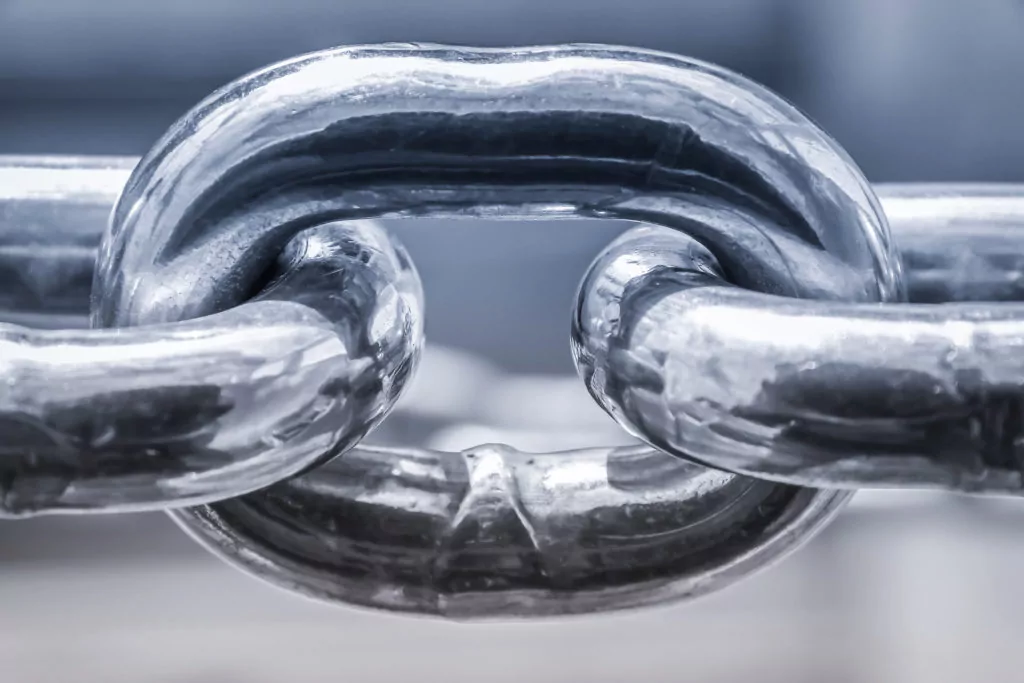
Coronavirus risks – supply chains and contracts


Since we published this original article in February matters have developed rapidly and significantly. We have updated this article to reflect some of these but please do get in touch if you would the most up to date information.
The trajectory of the pandemic is incredibly hard to predict and the eventual impact (both social and economic) impossible to do so with confidence.
Severe economic shock is already being felt beyond the earliest exposed industries such as shipping, tourism and travel. Business is looking to Governments and central banks for unprecedented packages and the translation of "whatever it takes" into real, practical support.
Looking at B2B arrangements and supply chains, in the past, it could be the bigger corporates operating internationally most effected. However, the democratisation of supply chains means much smaller businesses (who are less resilient due to limited stock/cash reserves) will be hardest hit by any disruption – and banks who support these businesses are and will be rewarded by mobilising
How does coronavirus affect supply chains with links to China (or other locked down areas)?
The measures taken by the governments to contain coronavirus have significant consequences for those businesses which have contracted (or are intending to contract) with a supplier affected by the containment measures.
Indeed, the length and complexity of integrated supply chains may mean that it is only now (or in the coming weeks) that businesses will begin to realise their full exposure to these containment measures – by way of: delay in delivery, shortage of materials, price rises and/or counterparties defaulting on performance or seeking to renegotiate.
Coronavirus and force majeure clauses in contracts
The most stark example of this arises where businesses in China and elsewhere rely on force majeure clauses in their contracts to avoid or vary their contractual obligations, which is already apparent in some cases. As some contracts require a certificate issued by a relevant authority as a prerequisite to rely on force majeure, the China Council for the Promotion of International Trade had offered force majeure certificates to help Chinese companies deal with disputes with foreign trading partners arising from the containment measures.
A force majeure clause can relieve the parties of their contractual obligations where non-performance is due to specified events or events beyond the control of the parties. Force majeure events are typically defined in the contract but will usually include natural disasters, outbreaks of war and strikes.
However, with the pace at which events are unfolding, it would be brave, perhaps reckless, to predict how various courts and jurisdictions would regard reliance on a force majeure clause – especially since each contractual arrangement would be different and the ability for the counterparties to respond, unique.
Terminating contracts because of coronavirus
Beyond force majeure, parties may also look toward other routes to avoid their contractual commitments or, perhaps, terminate the contract entirely. For instance, illegality (if movement restrictions have been imposed) or, more likely, frustration. Frustration is the legal doctrine under which a contract may be discharged when something occurs down the line which renders its performance physically or commercially impossible, or where the obligation to perform is transformed into a radically different obligation from that undertaken at the moment the contract was entered into.
In reality, technical debate on legal ramifications is only effective if the parties have the time or resource to pursue a legal remedy, and only if both parties will be bound by the order of a relevant court. For instance, binding a resistant entity based in China is far from straightforward.
The practical imperative for any organisation affected by the containment measures will be to put itself in the best possible position to mitigate the effects on its supply chain and its own contractual obligations.
Practical ways to stop coronavirus harming your business
What can you do to try to cushion the effect of the fall out on your organisation? Some practical options are set out below.
Assess the risks
Gather key personnel in operational, financial and risk areas to assess the real (and worst case) risks your organisation is facing from coronavirus. Assuming your organisation is sufficiently robust to weather the immediate storm (i.e. it has alternative supply lines or stock), there is some merit in waiting and watching to see how the effect of the containment measures unfolds. It may be that any short-term losses can be absorbed in the future in the context of the wider commercial relationship with the affected counterparty.
Identify your options
Can you withhold payment to a supplier? Can you call on third party guarantees or performance bonds? Can you mitigate your loss by sourcing product from other suppliers and then seek to recover any additional costs in due course? Can you legitimately terminate the contract without being liable for damages? Speak to your bank.
Negotiate
Where arrangements have previously been concluded face to face, these may now be impractical due to travel restrictions. That should not stop a dialogue to explore what is possible to avoid a contentious situation.
Check your insurance
The extent to which any losses suffered will be covered by insurance depends on the policy cover, so we recommend that you check this (and any notification requirements) carefully. Based on previous health emergencies (e.g. Ebola and SARS), coverage may now be limited.
Litigate
If litigation is inevitable, as a starting point identify where your counterparty and its assets are based for the purposes of bringing a claim. Suing a company in China is likely to be complex and costly at the best of times. It will save a lot of time and money to confirm that you are entitled to bring a claim in a jurisdiction you are comfortable with and can identify assets against which you could enforce a judgment.
How can you protect your organisation in future business dealings in China or elsewhere?
It may be that your organisation has not yet been affected by the containment measures but is in the process of negotiating terms with a business linked to China or other impacted areas, or it has plans to do so in the future. In those circumstances, what measures can your organisation take to try to protect itself from any future impact?
Firstly, the global impact on supply chains reinforces the need for organisations to undertake thorough due diligence along the length of the supply chain, especially those that are business critical. A focused ‘deep dive’ can be beneficial, even during the life of a contract, to assess contingency measures if the worst should happen.
Secondly, when negotiating terms, close consideration should be given to boilerplate clauses (such as force majeure) in addition to the termination and quantification of damages provisions.
Thirdly, it may be possible (and a prerequisite even) to negotiate additional protection in defined circumstances. For example, a bank or performance guarantee rather than a parent company guarantee from a foreign domiciled entity (which may be as difficult to enforce as any claim against the counterparty).
Firstly, the global impact on supply chains reinforces the need for organisations to undertake thorough due diligence along the length of the supply chain, especially those that are business critical. A focused ‘deep dive’ can be beneficial, even during the life of a contract, to assess contingency measures if the worst should happen.
Secondly, when negotiating terms, close consideration should be given to boilerplate clauses (such as force majeure) in addition to the termination and quantification of damages provisions.
Thirdly, it may be possible (and a prerequisite even) to negotiate additional protection in defined circumstances. For example, a bank or performance guarantee rather than a parent company guarantee from a foreign domiciled entity (which may be as difficult to enforce as any claim against the counterparty).
Is your supply chain affected by the containment operation in China? If you need any support managing the impact of coronavirus on your business, please contact James Gliddon on james.gliddon@footanstey.com












